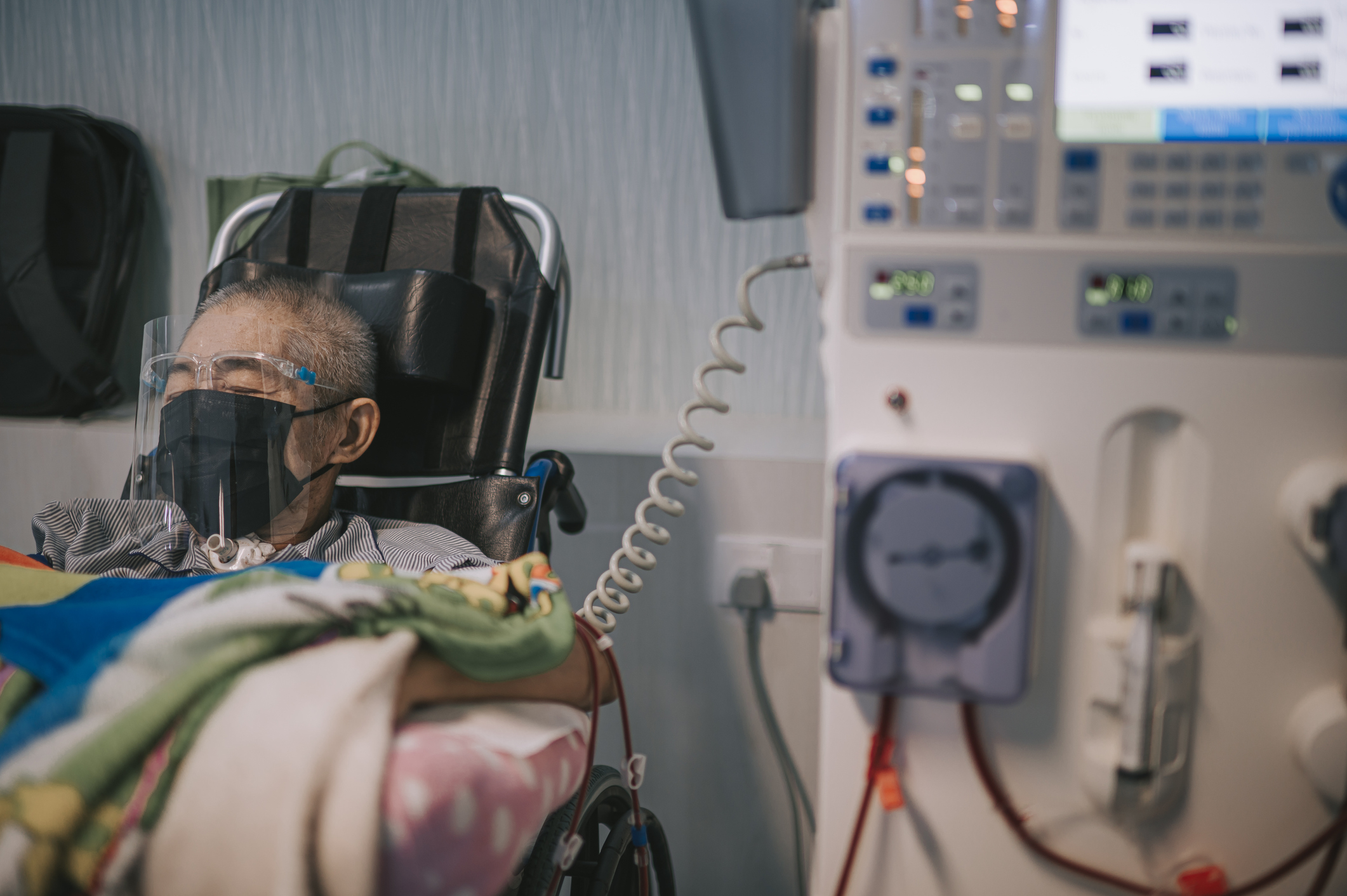Identifying Health Misinformation
Over the last two years, people have been exposed to a lot of information, from many different sources, regarding COVID-19. There are many reputable sources for health information, such as the Center for Disease Control (CDC) and World Health Organization (WHO). However, there has been a recent rise in health misinformation, which caused confusion about vaccination and other public health measures, such as masking and social distancing. Although health misinformation is not new, with more people having access to the internet and various social media platforms, it has spread in recent years at an unprecedented rate. In order to keep yourself, [...]










